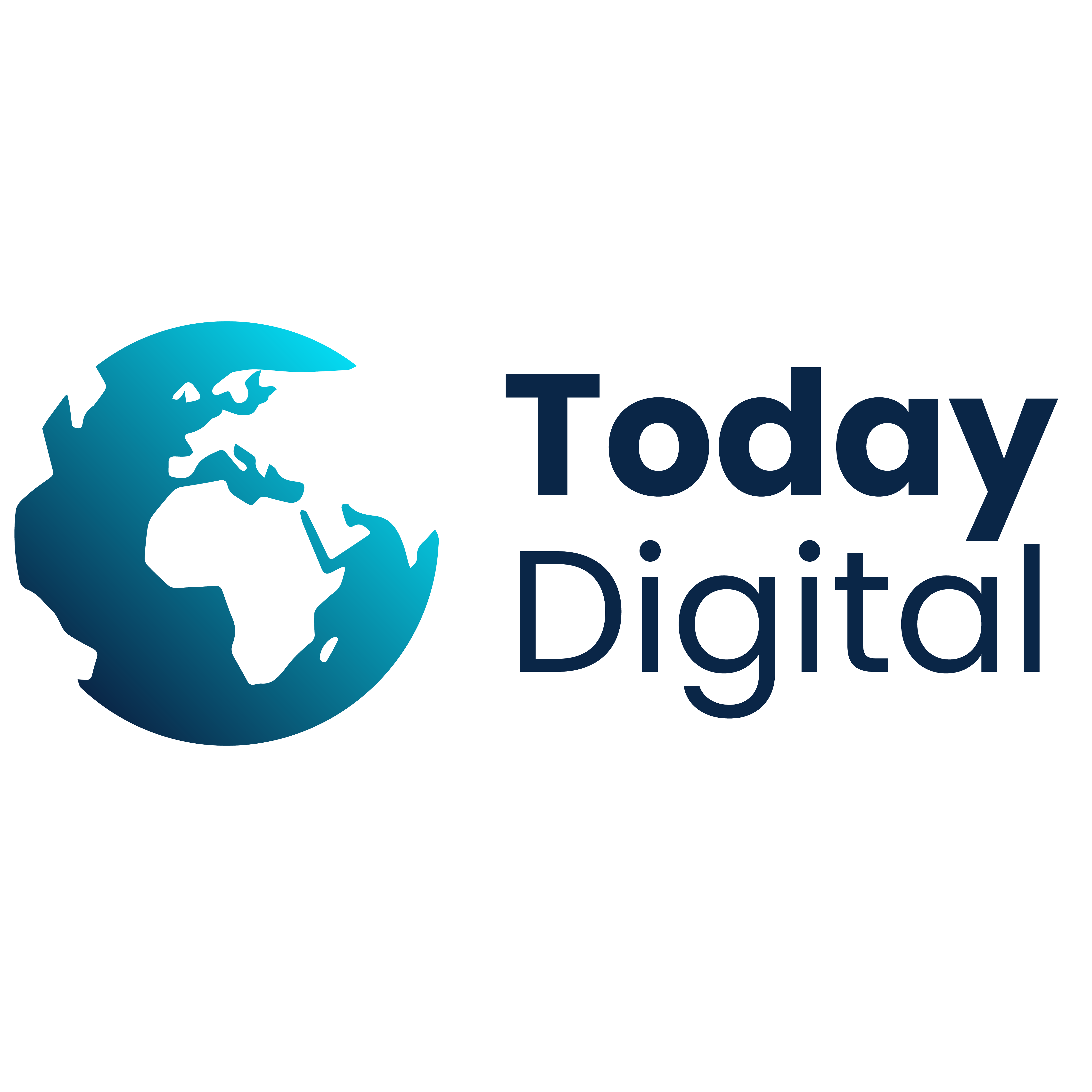How to Become a Web Developer?
Embarking on a career in web development in 2025 is both a promising and strategic decision. The demand for skilled web developers continues to rise, driven by the ever-evolving digital landscape. This comprehensive guide will navigate you through the essential steps and updated insights to kickstart your journey into web development.
1. Grasp the Fundamentals of Web Development
Understanding the core areas of web development is crucial:
- Front-End Development: Focuses on the visual and interactive aspects of a website that users engage with directly.
- Back-End Development: Involves server-side operations, databases, and application logic that power the front end.
- Full-Stack Development: A combination of both front-end and back-end development skills.
2. Master Essential Technologies
Front-End Technologies:
- HTML5: The latest version of HyperText Markup Language, structuring web content.
- CSS3: Cascading Style Sheets for designing and laying out web pages.
- JavaScript (ES6+): Enables interactive features and dynamic content on websites.
Back-End Technologies:
- Programming Languages: Proficiency in languages such as Python, JavaScript (Node.js), or Ruby is essential.
- Frameworks: Familiarity with frameworks like Express.js for Node.js, Django for Python, or Ruby on Rails enhances development efficiency.
- Databases: Knowledge of relational databases (e.g., PostgreSQL, MySQL) and NoSQL databases (e.g., MongoDB) is beneficial.
3. Embrace Modern Development Tools and Practices
- Version Control Systems: Utilize Git for tracking code changes and collaborating with other developers.
- Package Managers: Tools like npm or Yarn help manage project dependencies efficiently.
- Build Tools and Task Runners: Grunt, Gulp, or webpack automate tasks and bundle code for production.
4. Engage in Continuous Learning and Project Development
- Build Real-World Projects: Apply your skills by creating personal projects, contributing to open-source, or engaging in freelance work.
- Stay Updated: Follow reputable sources like MDN Web Docs and web.dev for the latest industry trends and best practices.
5. Explore Structured Learning Paths
Consider enrolling in comprehensive courses to gain structured knowledge:
- The Web Developer Bootcamp 2025 by Colt Steele: Available on Udemy, this course covers both front-end and back-end development, suitable for beginners.
- freeCodeCamp: Offers a self-paced, hands-on curriculum focusing on full-stack web development.
- The Odin Project: Provides a free, open-source curriculum for learning web development.
6. Build a Professional Portfolio
- Showcase Your Work: Develop a personal website to display your projects, code samples, and technical blogs.
- Utilize GitHub: Host your repositories publicly to demonstrate your coding proficiency to potential employers.
7. Network and Seek Professional Opportunities
- Join Developer Communities: Participate in forums like Reddit’s r/webdev or DEV Community to connect with peers and mentors.
- Attend Workshops and Meetups: Engage in local or virtual events to expand your professional network and learn from industry experts.
8. Prepare for the Job Market
- Resume and Cover Letter: Craft documents that highlight your skills, projects, and relevant experiences.
- Interview Readiness: Practice coding challenges and familiarize yourself with common technical interview questions.
Embarking on the path to becoming a web developer in 2025 requires dedication, continuous learning, and practical application of skills. By following this roadmap and leveraging the plethora of resources available, you can position yourself for a successful career in web development.

